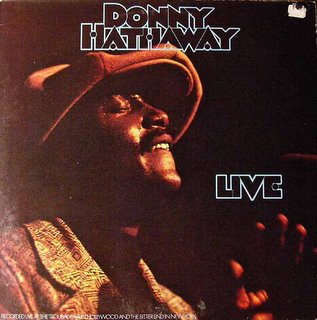Sextant (1973), final album of Mwandishi band and Herbie Hancock’s first Columbia Records release
Renowned for its experimental blend of jazz fusion and electronic music, it highlights Hancock’s pioneering use of synthesizers and studio effects. I found it in a music collectors convention, close to the town where I was living, years ago. This album is still a big inspiration, as well as lots of Herbie Hancock’s works, even under various formation, is very important to me. However, I was little bit disappointed about his future to future, and about the way it was done. Whatever if it’s psyche, jazz, electronic or fusion, Herbie Hancock drives you safe…
Few words about the record
Sextant reveals pioneering sound. The album features a fusion of jazz, funk, and electronic elements, incorporating synthesizers and cutting-edge studio techniques that were ahead of their time. Herbie Hancock collaborated with his Mwandishi ensemble, a group renowned for pushing the boundaries of traditional jazz. Standout tracks include Rain Dance noted for its complex rhythms and electronic textures, and Hornets a dynamic piece full of improvisation and layered soundscapes.


